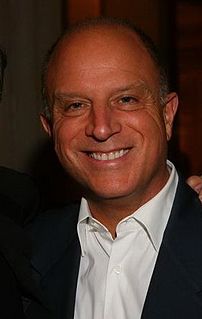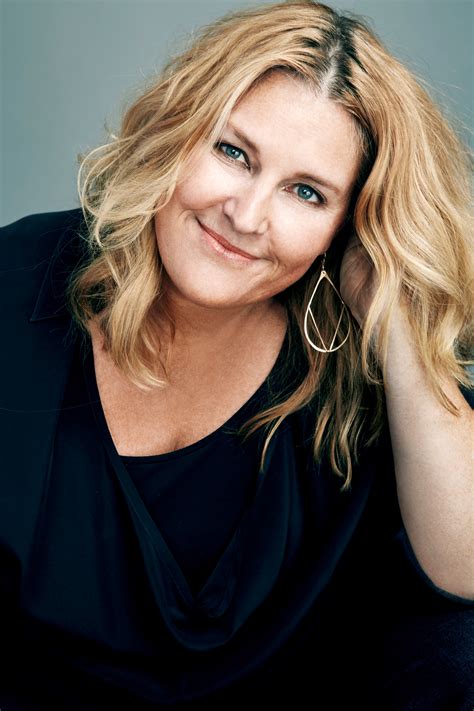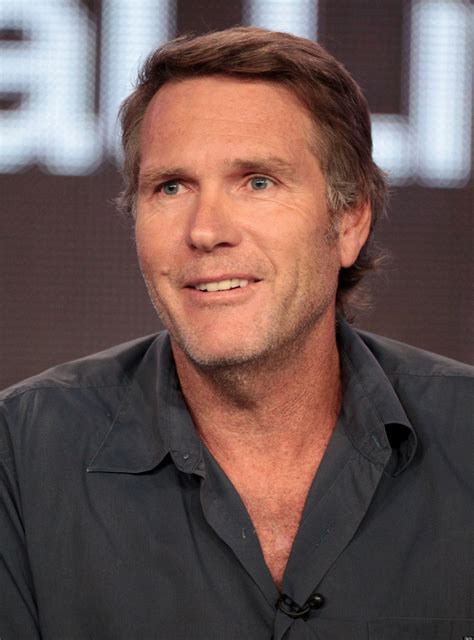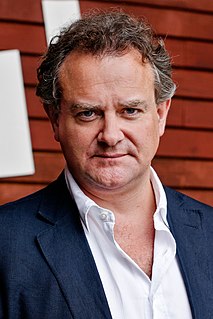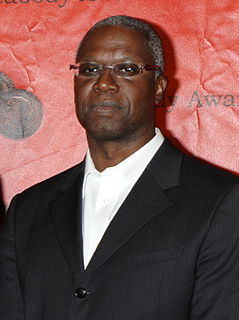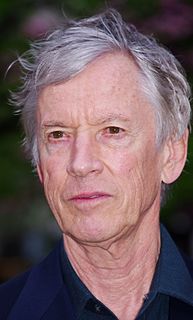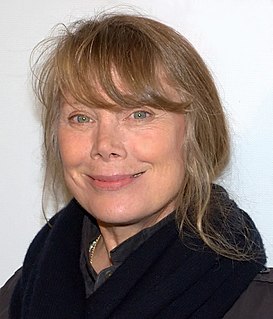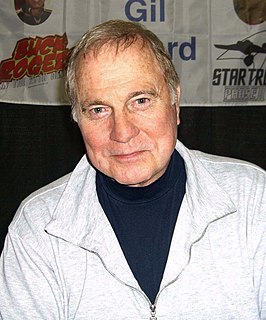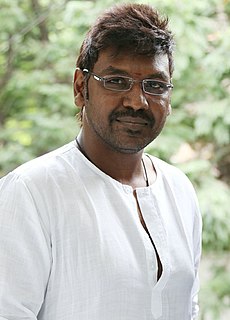A Quote by David L. Wolper
I believe a mini-series has two audiences. The first is the media. Then I go for the television audience.
Related Quotes
It [going from mini-series to series] was never even discussed because it [The Starter Wife] was, you know, an adaptation of a novel. And we - the mini-series encompassed the whole novel. And so it was always going to be a finite sort of event. And then I imagine when people started to really respond to the show and then we got ten Emmy nominations, USA sort of said, "Oh, I think maybe we have something here."
With any television series - and it's something that is taken for granted with movies because you have the whole arc within two hours - you establish who the character is and it's a two-dimensional version, or if you're lucky, a two and a half-dimensional character. Once you establish that, you can move forward and break all the rules. Once the audience has accepted who the person is, then you can do the exact opposite. What makes it funny and interesting is doing the opposite.
We were all expecting to finish [Downton Abbey] after Series 1, actually. And then, it got extended to Series 3, and that's when two of our much loved and much missed friends left. And then, it was going to be done with Series 5, but Julian Fellowes said, "I'd like to do one more." So it's been a series of extensions, rather than wondering how much longer we can go on for.

